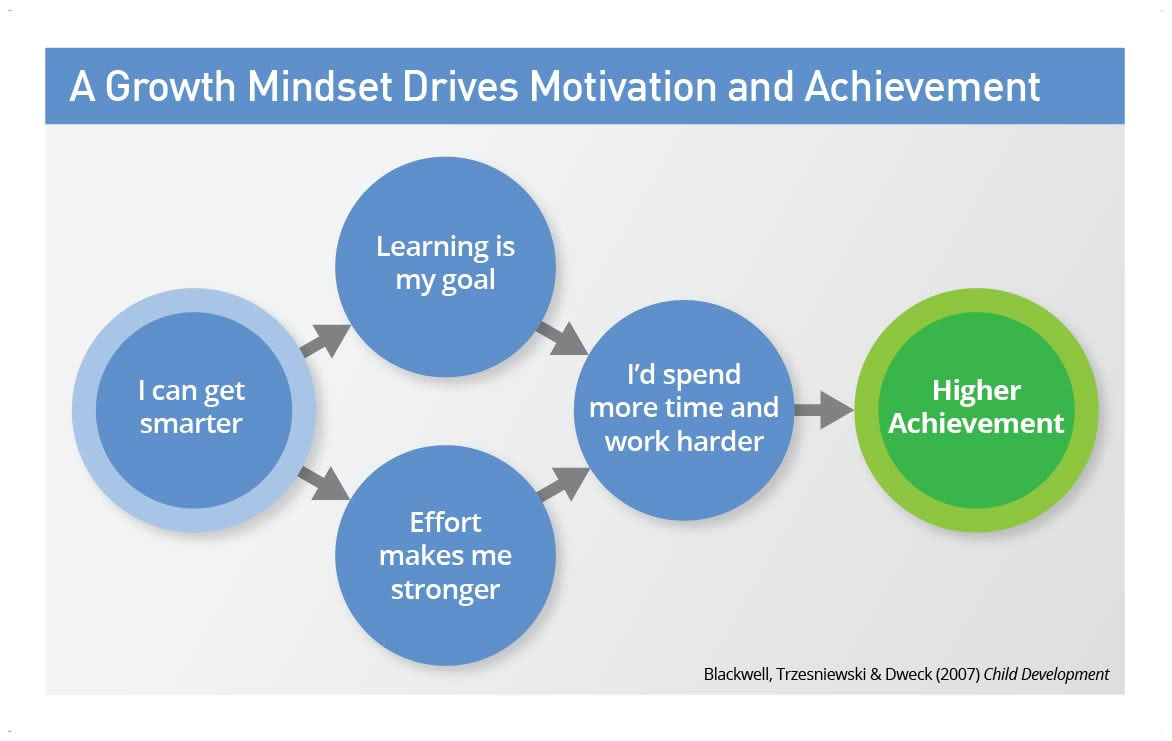Pre-Lab: Nature/Field Journal Overview and Introduction
To-Do Date: Sep 4 at 11:59amA field or nature journal have long been a tool used by field naturalists and biologists. Regardless of what one studies - plants, insects, birds, mammals, or fish, or interactions between organisms - field journals are used to keep notes on observations made in the field. These observations may lead to deeper understanding of the organisms with which one works, or spur a scientific research project. Field journals are often kept by research institutions for use as a reference decades or even centuries later.
Purpose of Field/Nature Journal
Essentially, field journals are about the Exploration and Discovery portion of the scientific process. The purpose is to:
-
-
- think like a scientist
- explore the natural world
- make observations
- ask questions
- record information
-
Tools for Keeping Nature Journal
We will use three different ways to record information. It is important to remember that these are the TOOLS for recording information, NOT the purpose of the journal.
-
-
- Writing
- Pictures
- Numbers
-
Nature Journal Example: Joseph Grinnell
Joseph Grinnell (1877-1939), a noted field biologist and the first director of UC Berkeley’s Museum of Vertebrate Zoology developed a method for recording his field observations in a methodical manner that allowed for scientific questions to be raised and potentially answered. For example, he and others collected many specimens for the Museum. With his detailed field notes, it is possible to examine specimens with a detailed knowledge of their location, habitat, activity and other species interactions. Researchers are using these field notes to compare changes to habitat by going back to these locations and redoing his observations. You can learn more about the Grinnell Resurvey Project at these links (optional): Grinnell Resurvey Project (Links to an external site.) and Yale Climate Connections (Links to an external site.).
![]()
Project Overview
In lab: you will be introduced to nature journaling in lab and use it as part of our in lab work on the Microgreens Project and microscope labs.
Primary Project Goals
The primary goals of this project are to teach you about the Scientific Process. Specifically you will be focusing on developing your ability to
-
- make observations
- ask scientific questions
- share data and ideas.
Secondary Goals
I won't grade you on these following goals, but I hope that you will be rewarded personally with some of these other benefits.
Growth Mindset:
Learning new skills helps our brains grow and develop. Neural pathways are formed as our brain rewires and builds connections. You may be familiar with the work of Carol Dweck, the Stanford Psychologist who has done extensive research on the Growth Mindset vs. Fixed Mindset. The growth mindset means that "people believe that their most basic abilities can be developed through dedication and hard work". This type of thinking is associated with success in all areas - academic, sports, etc. For more information see Carol Dweck's website. Links to an external site.

Many of us will approach the field journal with the thought '' I can't draw", but by repeated practice and effort you should add the word ''yet'' to that sentence.
Mindfulness
This is the ability to pay attention moment by moment to what is happening without judgement is. Mindfulness is often cultivated through meditation and research associates this type of thinking with metacognitive awareness, decreased rumination, gains in working memory and greater emotional self regulation. See the American Psychological Association summary of research on this topic. Links to an external site. Nature journals are an excellent mindfulness tool.
Accessible version of A Growth Mindset Drive Motivation and Achievement image.docx Download Accessible version of A Growth Mindset Drive Motivation and Achievement image.docx
The Nature Fix
There is so much research on the physical and mental health benefits of being outside and in nature, that it is hard to know where to start. The list includes stress reduction, lowered blood pressure, improved cognitive ability, greater creativity, reduction of symptoms of depression, anxiety, PTSD and ADHD. This book is an excellent summary of the research on this topic: The Nature Fix by Florence Williams Links to an external site.available at the SRJC Library.

Assignments
- Nature Journaling: on campus
- Microgreens: use the Nature Journals to record information about our Microgreens project.
- Microscope Labs : use the Nature Journal to record information about Microscope Labs I and Microscope Lab II.